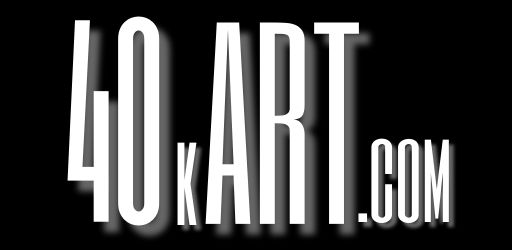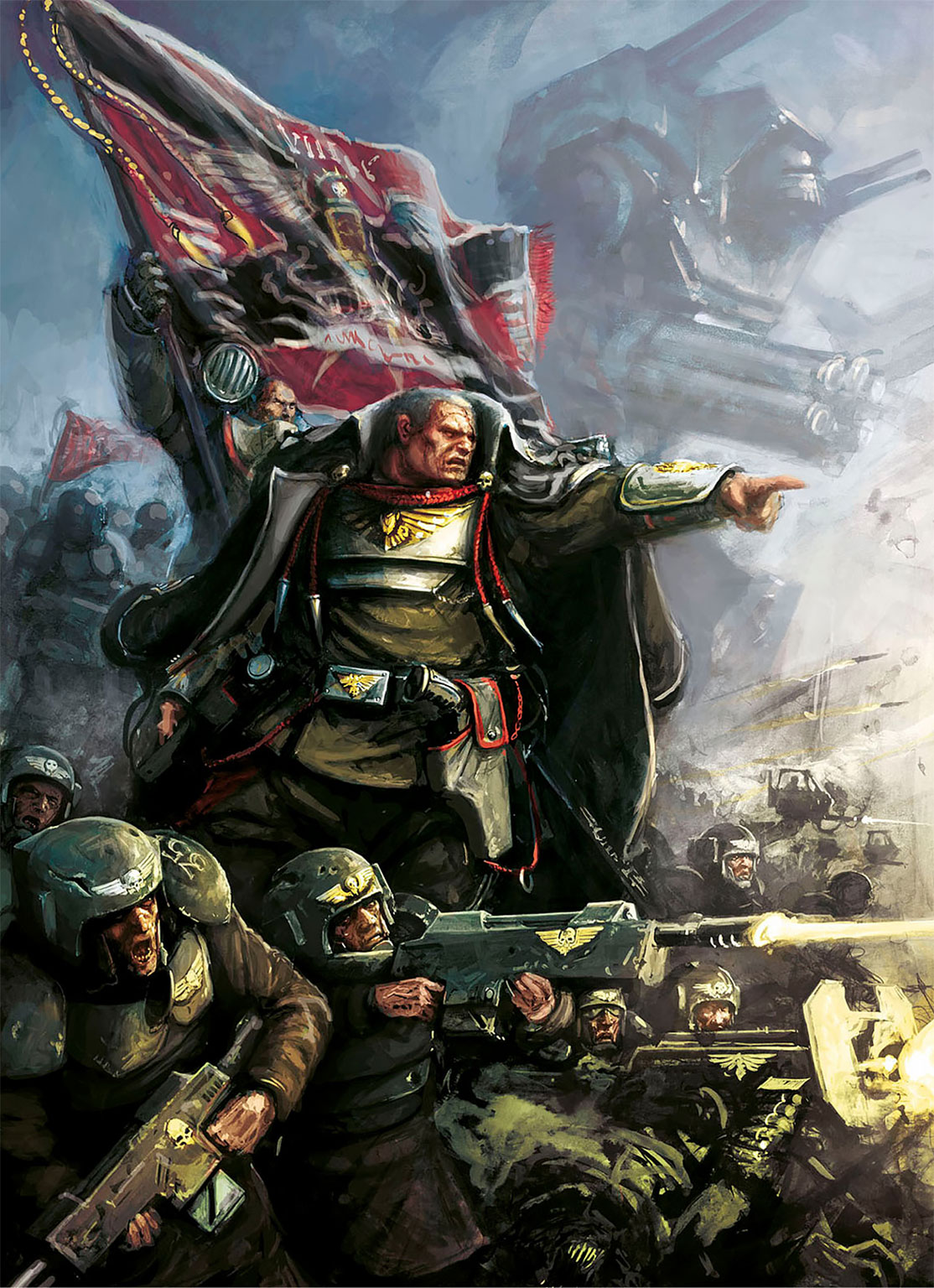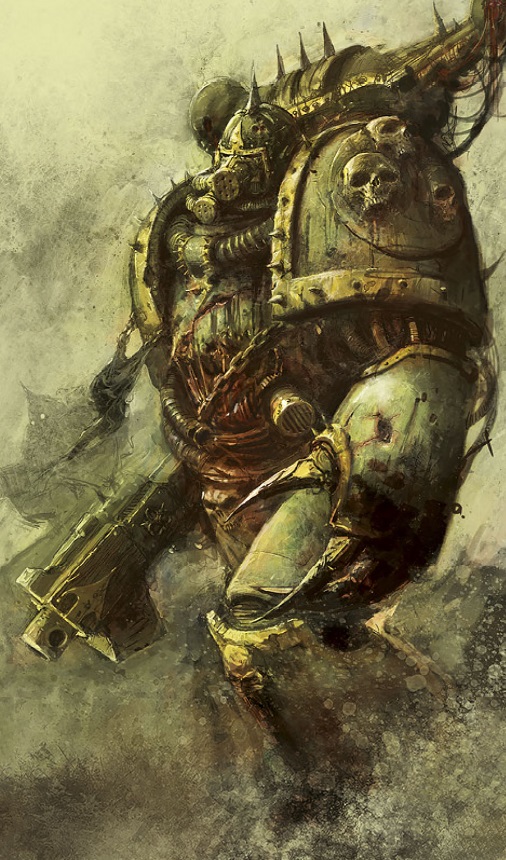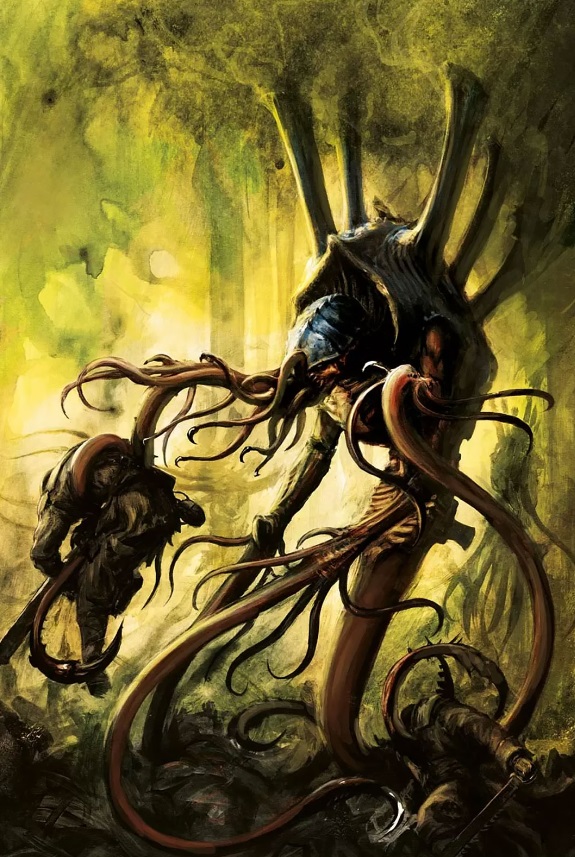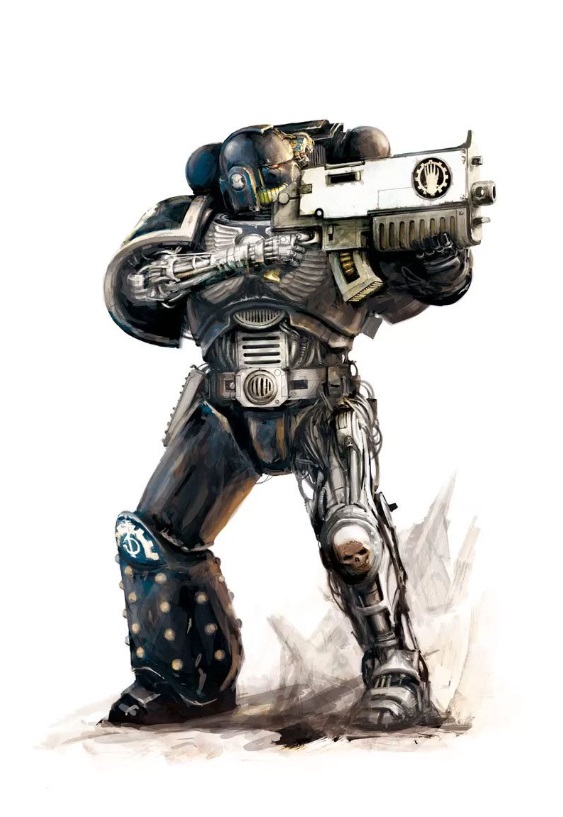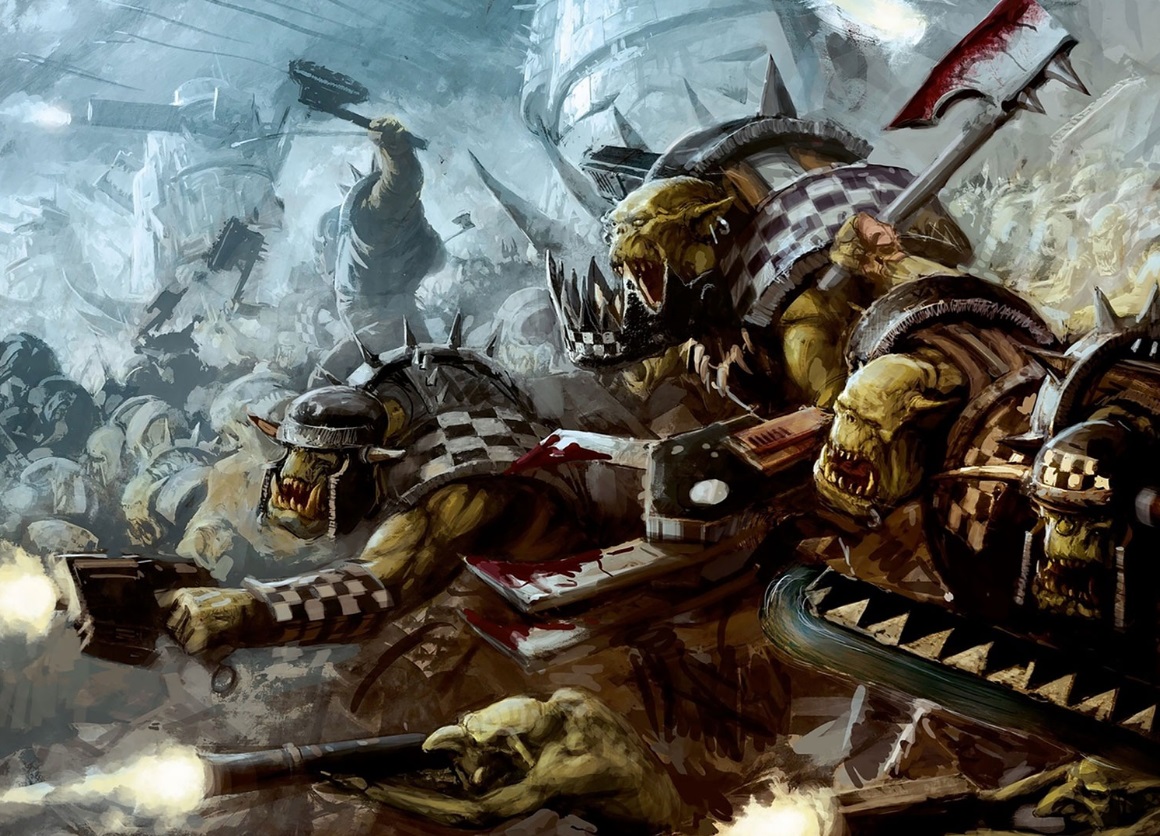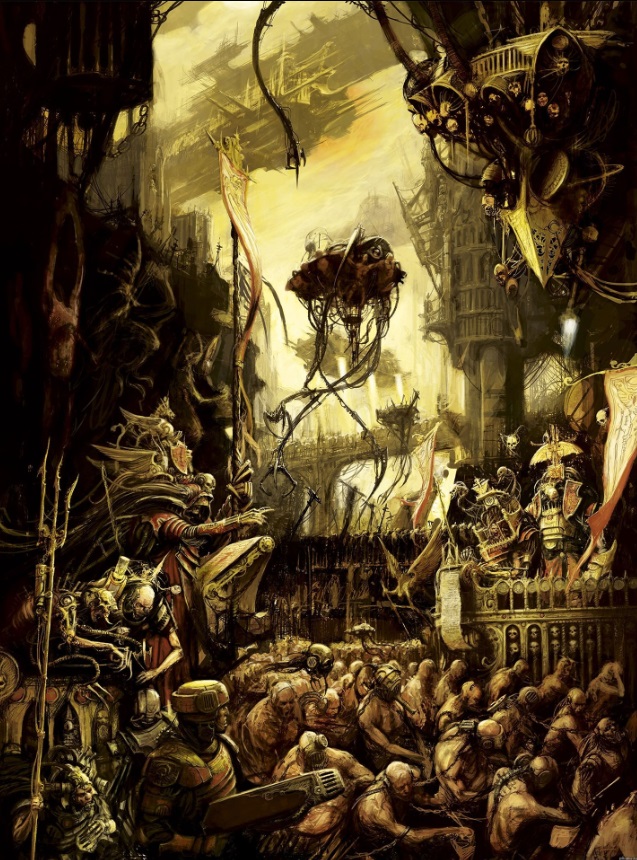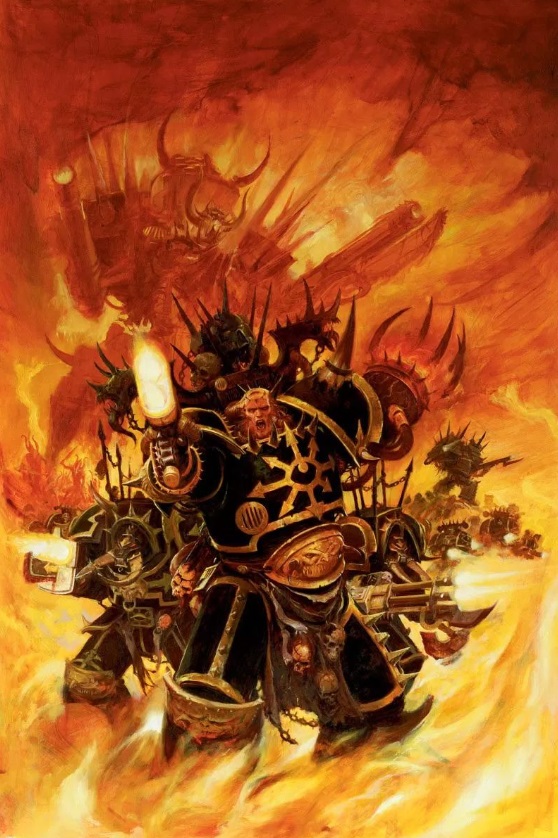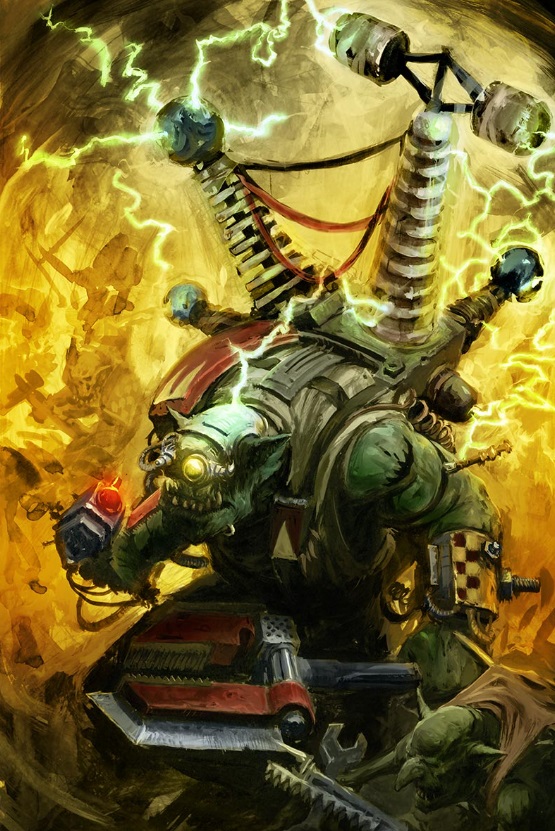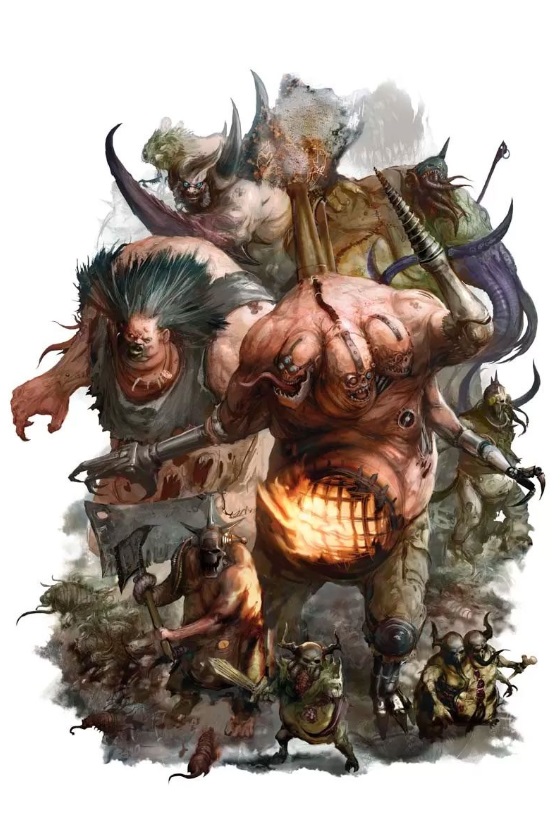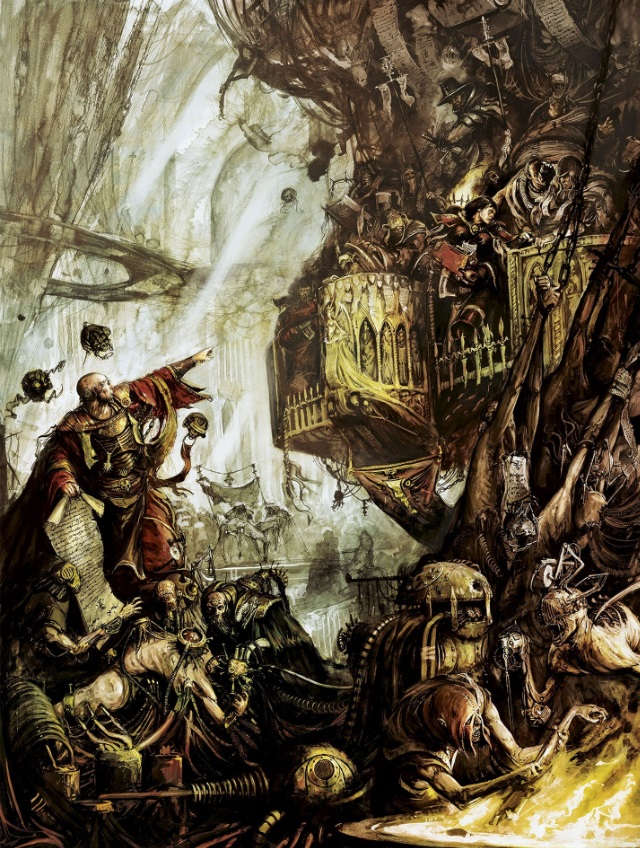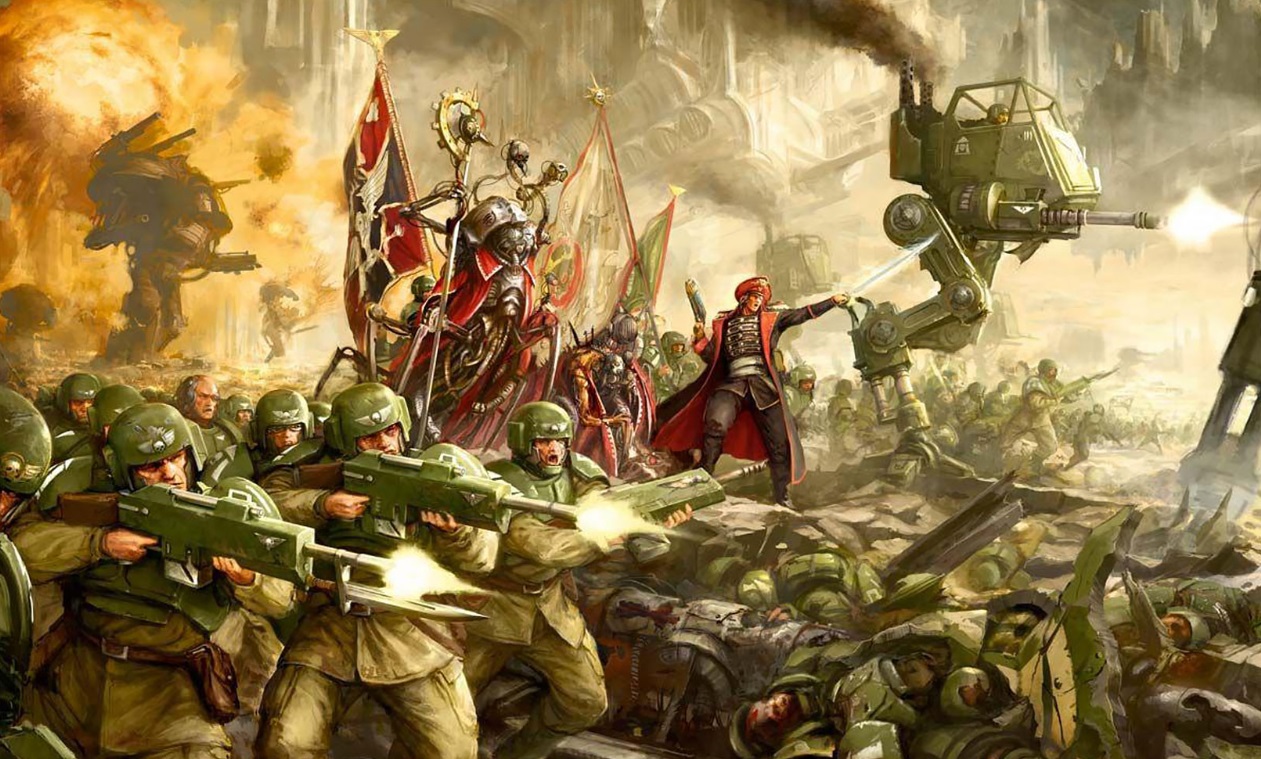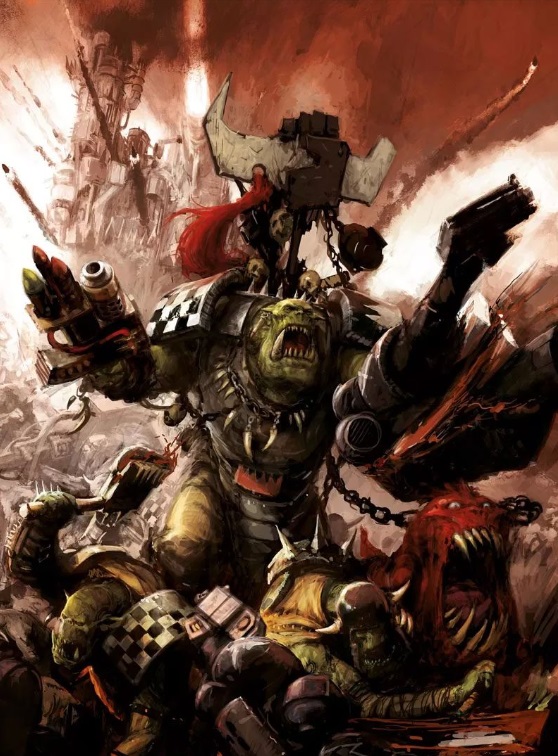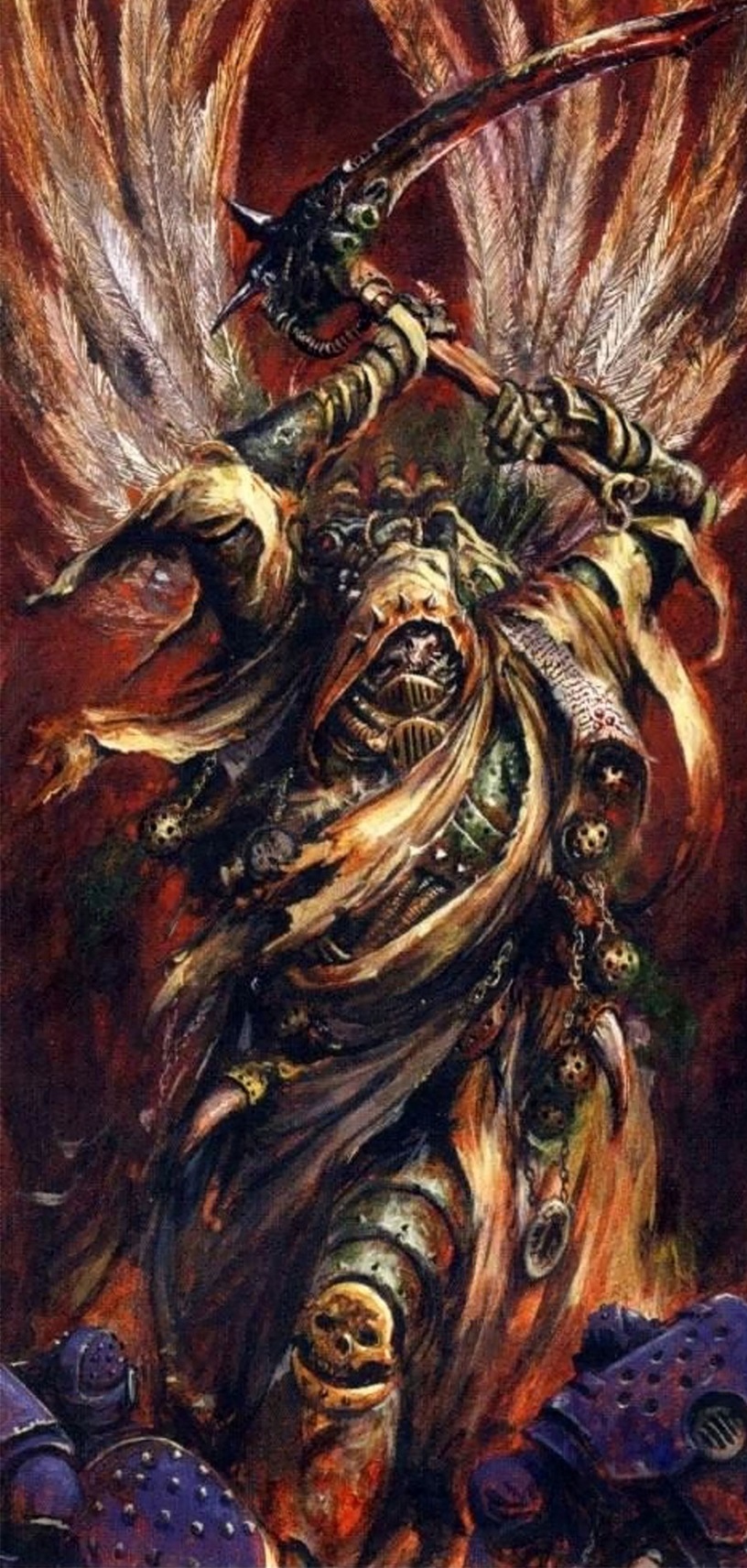
Mortarion: The Tragic Daemon Primarch of the Death Guard
Awakening in Nurgle’s Garden
Mortarion, the Daemon Primarch of the Death Guard, awakens in a decaying garden, shrouded in rot and twisted serenity. Unaware of his identity, he finds himself surrounded by the grotesque gifts of Nurgle, the Chaos God of decay, whose unsettling benevolence dominates the air.
The Tragic Beginnings of Mortarion
Born on the toxic world of Barbarus, Mortarion grew up in a deadly environment ruled by alien warlords. His unmatched endurance allowed him to survive and lead a rebellion against these tyrants, but his final victory was taken by the Emperor, planting the seeds of resentment that would later define his fate.
A Primarch of Grim Determination
As leader of the Death Guard, Mortarion embodied resilience and self-reliance, traits that defined his Legion. His disdain for weakness and his stoic leadership forged the Death Guard into a relentless force, but these same qualities made him susceptible to the temptations of Chaos during the Horus Heresy.
The Fall to Chaos
Mortarion’s fall came during a Warp plague that ravaged the Death Guard fleet. Desperate, he made a bargain with Nurgle, saving his Legion but transforming them into plague-ridden monstrosities. Elevated to Daemonhood, Mortarion became one of Nurgle’s most favored champions, his once-proud form corrupted into a bloated avatar of decay.
A Daemon Primarch of Pestilence
Now a Daemon Primarch, Mortarion commands the Death Guard with apocalyptic power. Wielding his scythe Silence and pistol Lantern, he spreads death and disease across the galaxy. His invasions leave planets crippled by plague and despair, his presence a blight upon the Imperium.
The Tragedy of Mortarion
Mortarion’s story is one of bitterness and tragedy. Bound to Nurgle, he has lost his humanity and autonomy, becoming an instrument of the Chaos God he once sought to escape. His enduring hatred for the Emperor fuels his every action, but it also reminds him of what he has lost, making him a grim and tormented figure in the dark universe of Warhammer 40,000.
